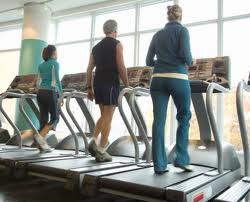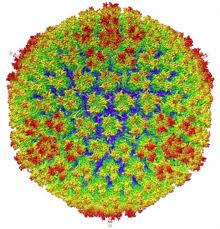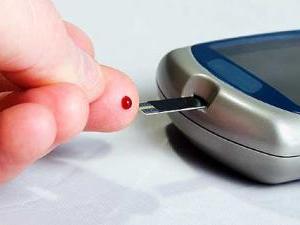Each of us is created as a unique and beautiful person – and with that uniqueness, there is also a ‘Best Weight’ for each of us – a realistic weight goal (which is different for everyone) that optimizes metabolic health and overall wellbeing. This Best Weight is at least partially genetically determined, with a number of factors likely to be players, including the weight at which the balance of our hunger and satiety hormones leave us feeling satisfied.
In keeping with this hypothesis, a new study shows us that exercise affects hunger hormones and feelings of fullness differently in people who are thin, compared to people who struggle with their weight.
The study had lean and obese participants walk for an hour on a treadmill in the evening, and served them a meal the following morning. On a separate day, they offered the participants the same breakfast, but without exercising the night prior.
In the lean people, they found that the hunger hormone ghrelin was decreased the morning after exercise. When the lean people were served breakfast, they felt just as full from the breakfast whether or not they had exercised the night before.
In the people with obesity, there was no decrease in the hunger hormone ghrelin after exercise (as there was for the lean people), and they felt markedly less full after breakfast when they had exercised the night prior.
The Bottom Line: another study to add to the list that teaches us that weight struggles are SO much more than calories in and calories out.
www.drsue.ca © 2013 @drsuepedersen
How Does Exercise Affect Your Hunger?












